Have you ever watched your cat suddenly dart under the couch or freeze mid-lick with wide, worried eyes? Cats appear calm and aloof, but they’re secretly sensitive souls. The things that make them anxious can be unexpected, and sometimes, completely invisible to us. As every cat lover knows, a spooked kitty can turn the whole house upside down—sometimes over something you’d never guess! Grab your favorite mug and settle in, because what you’re about to discover might just change the way you look at your feline friend forever.
Loud Noises and Sudden Sounds
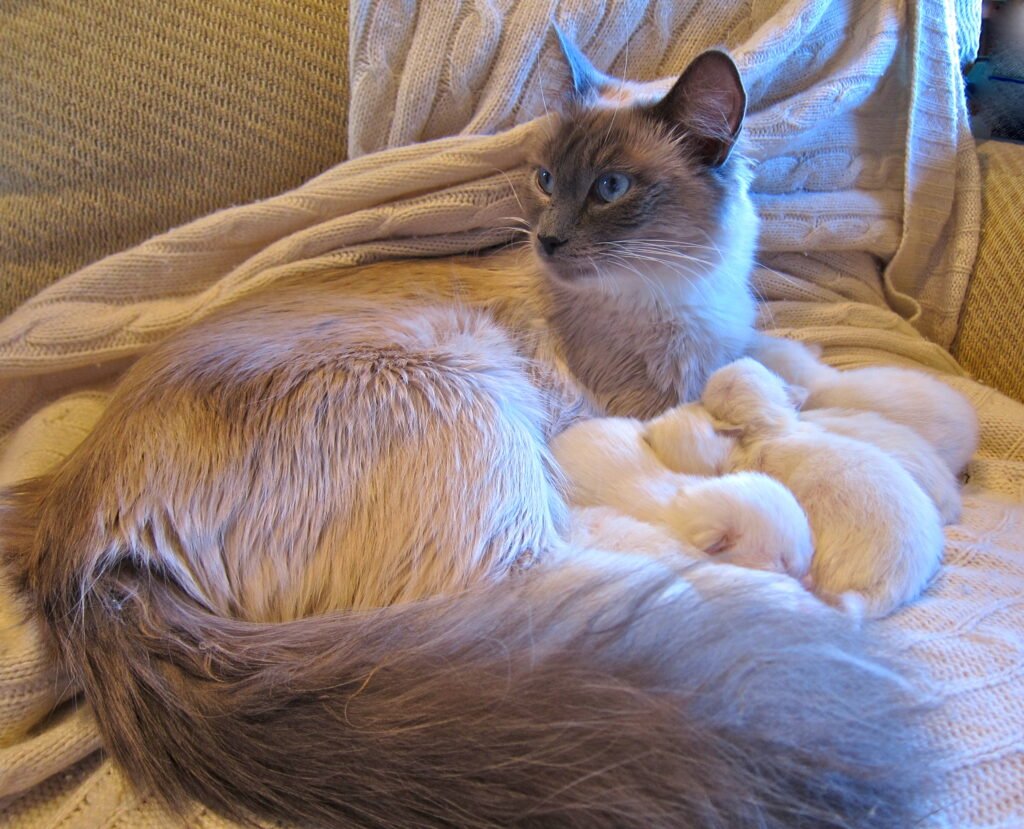
A sudden bang, the shriek of a vacuum, or even a door slamming can make your cat’s heart race. Cats have much sharper hearing than humans, and what seems like a mild sound to us can be deafening to them. It’s not just fireworks or thunderstorms—everyday household sounds can send chills down their furry spines. Imagine living in a world where every sneeze sounds like an explosion! That’s how intense it can be for cats. If you’ve ever seen your kitty flatten her ears or bolt at the sound of a dropped spoon, you’ve seen anxiety in action. Some cats even develop long-lasting fears if the loud noise happens repeatedly. Reducing noise or providing quiet hideaways can make a huge difference.
Unfamiliar Visitors
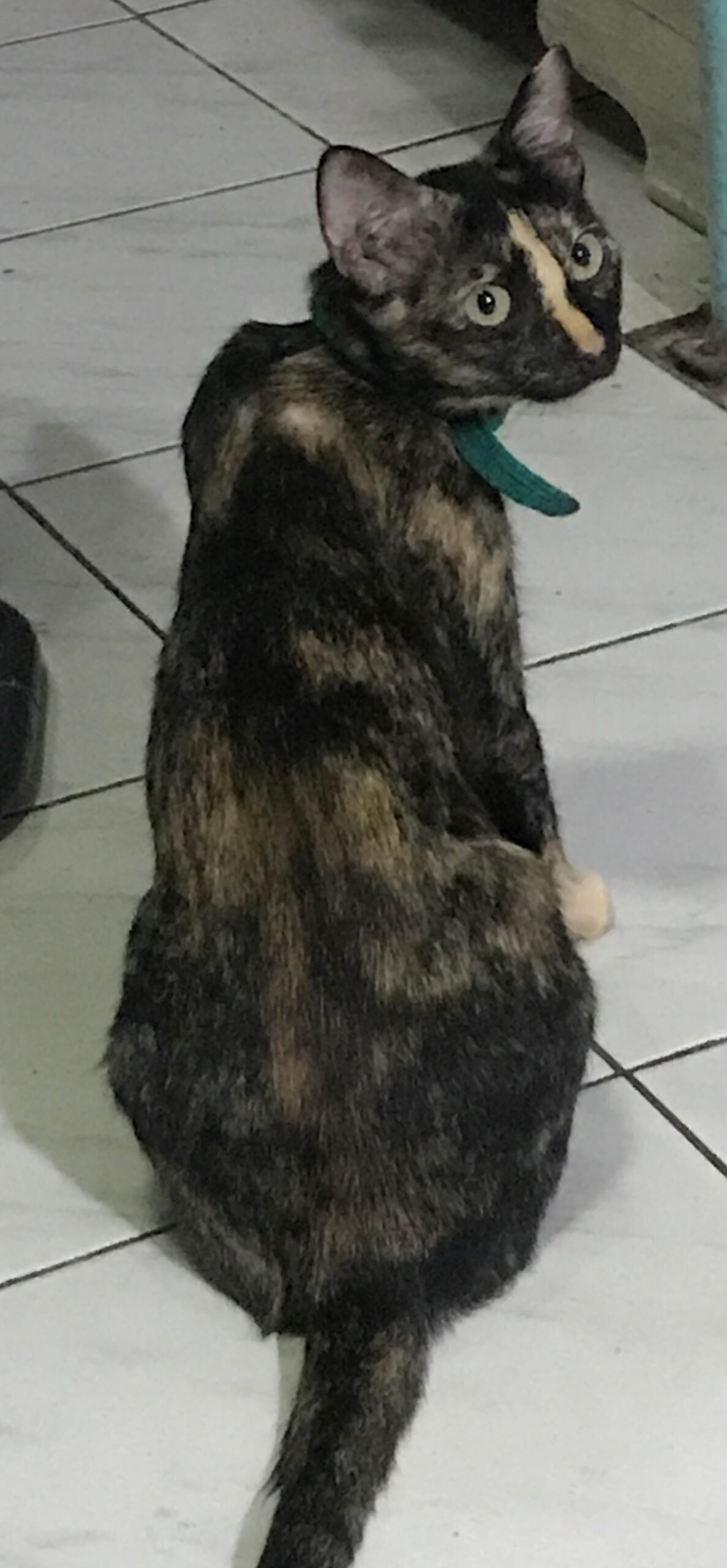
The arrival of strangers can make even the bravest cat anxious. Cats are creatures of habit, and someone new wandering through their territory is a serious disruption. The scent, voice, or even the way a visitor moves can set off alarm bells for your cat. Sometimes, your cat may disappear for hours, only reappearing when the coast is clear. Others will stand their ground, glaring from a safe distance, tails puffed up like bottle brushes. A friend of mine’s cat once spent a whole afternoon wedged behind the fridge just because of a new plumber! It’s not just people, either—visiting animals can trigger the same nervousness.
Changes in Routine

Cats thrive on predictability. Even minor disruptions in their daily schedule can cause anxiety. If you feed your cat at 8:00 am every day, she’ll expect it—down to the minute. A missed meal, a late bedtime, or a new work schedule can make your cat feel insecure and out of control. Think of it like someone moving your coffee cup every morning; it’s disorienting! Cats use routine to feel safe, and when that’s disturbed, it’s not unusual for them to hide, over-groom, or even act out. Maintaining consistency can help your cat feel more relaxed.
Moving to a New Home
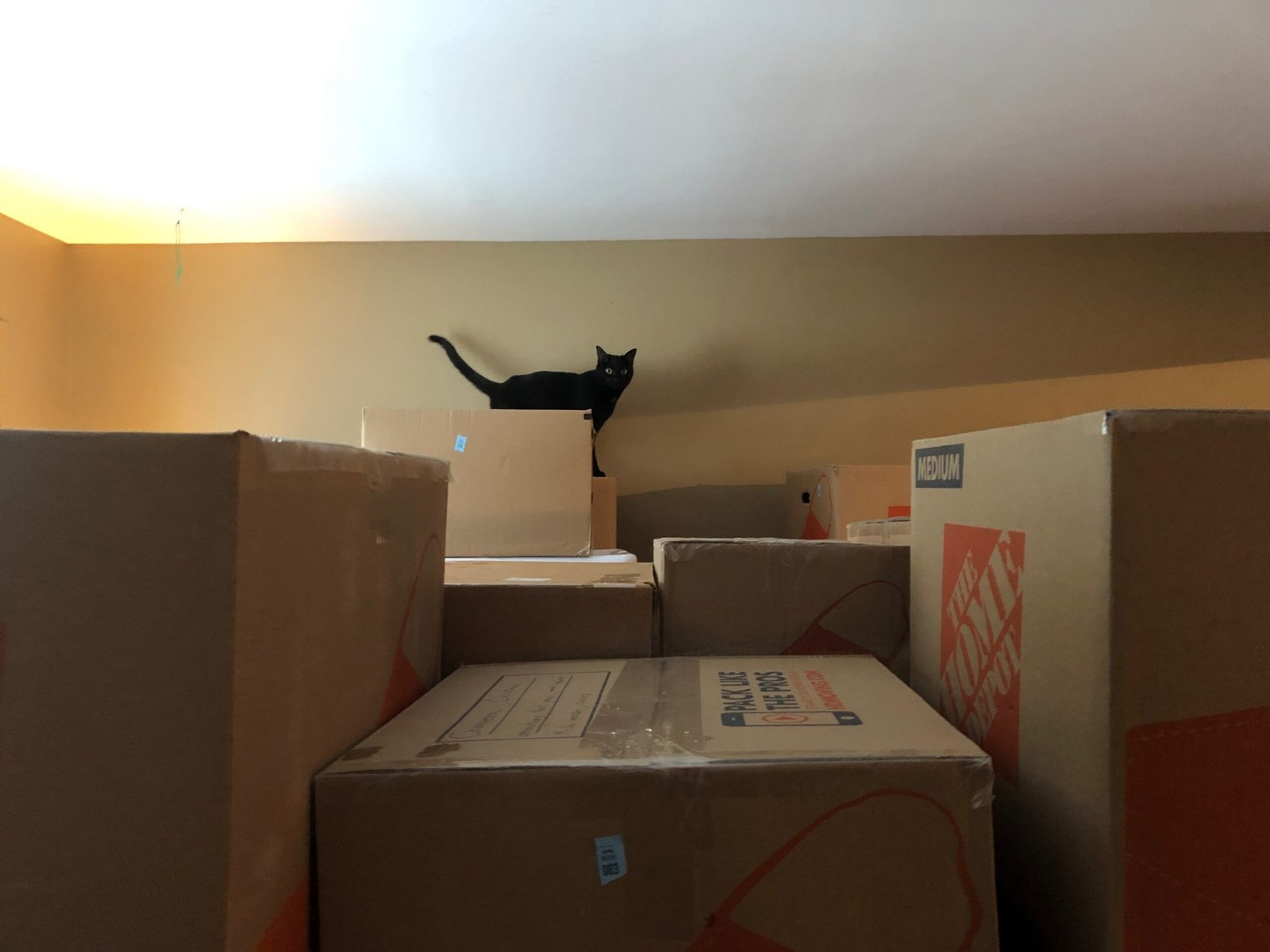
A new home means new smells, sounds, and sights—all unfamiliar and potentially threatening. For a cat, moving can feel like being dropped on another planet. Suddenly, their scent isn’t everywhere, and their favorite hiding spots are gone. Some cats refuse to eat for days, while others may develop stress-related illnesses. Cardboard boxes become sanctuaries, and the smallest noises might send them scrambling. My own cat once hid in a closet for three days after we moved! Patience, familiar bedding, and slow introductions to new spaces can help ease their stress.
Other Pets in the Household
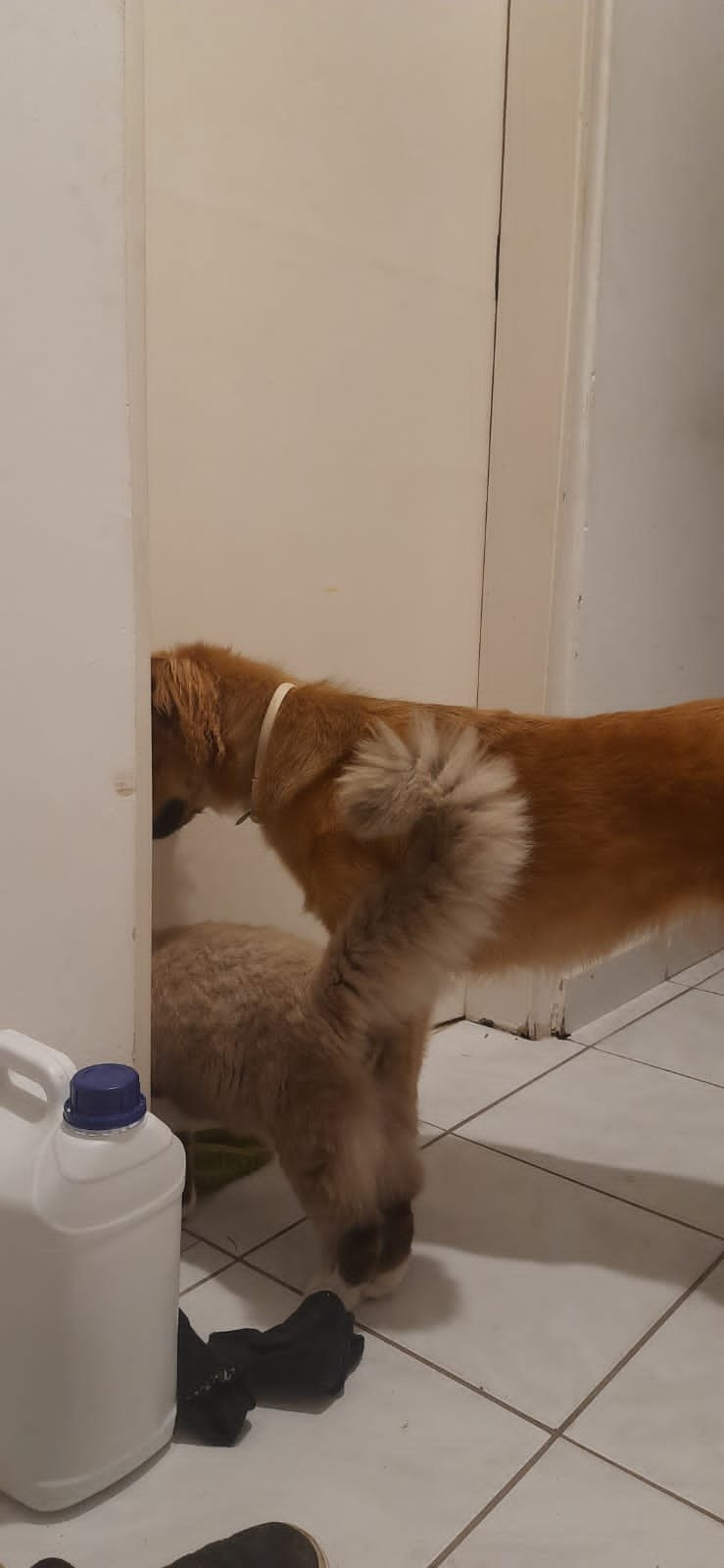
Introducing a new pet—whether it’s a dog, another cat, or even a small rodent—can turn your cat’s world upside down. The new animal brings unfamiliar scents, noises, and behaviors. Cats are territorial, and a newcomer is often seen as a threat to their status and resources. Hissing, hiding, or even aggressive behavior can be signs of anxiety. I once fostered a kitten and watched my older cat spend weeks sulking under the bed. Even after the initial introduction, ongoing anxiety can persist if the animals don’t get along. Gradual introductions and plenty of personal space help reduce tension.
Trips to the Veterinarian
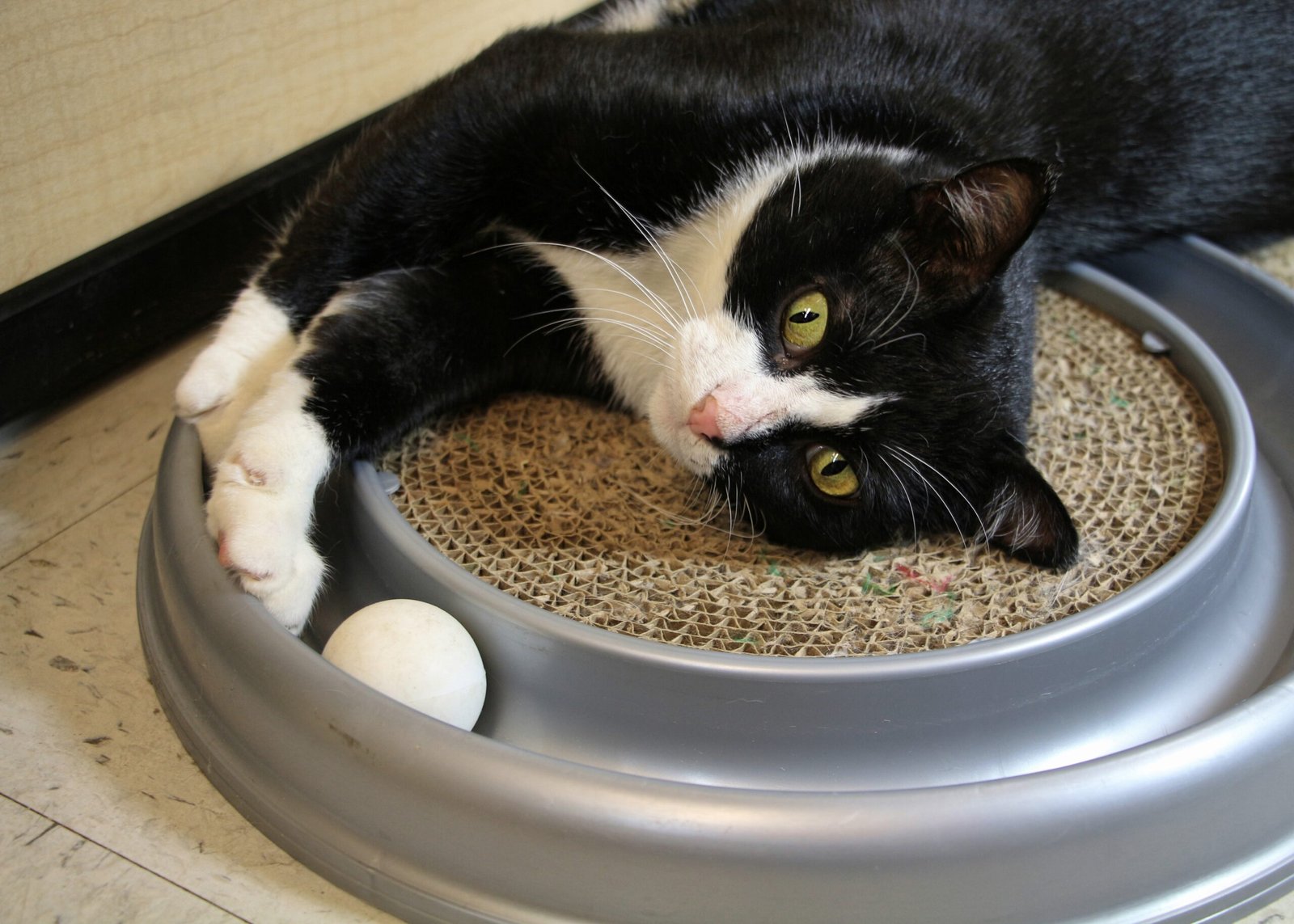
Just the sight of a carrier can make some cats vanish in a flash. For many, the vet’s office is a land of strange smells, loud noises, and unfamiliar hands. The journey there—cars, carriers, and waiting rooms—can be just as frightening as the appointment itself. Many cats associate the vet with pain or discomfort, and this memory lingers. Some will vocalize loudly or even refuse food for hours afterward. I know a cat who once escaped her carrier and hid behind a row of chairs at the clinic, much to everyone’s amusement and frustration. Making the carrier a safe, familiar place at home can help ease the fear.
Lack of Hiding Spots

Cats need places to retreat and feel safe. Without cozy nooks or high perches, they can feel exposed and vulnerable. Open spaces with nowhere to hide can leave them anxious, always on alert for danger. Think of it like walking into a crowded room with no chair to sit in; you’d feel strange and uneasy, too. Some cats will squeeze into the tiniest spaces—under beds, inside closets, or even behind furniture—just to find a sense of security. Providing boxes, shelves, or cat trees can do wonders for their confidence.
Changes in Scents or Cleaning Products

Cats rely heavily on their sense of smell to navigate their world. Switching cleaning products, washing their bedding with a new detergent, or bringing home unfamiliar scents can be deeply unsettling. Sometimes, even a new air freshener is enough to send your cat slinking away. Their territory smells “wrong,” and this can spark anxiety, causing them to mark with urine or avoid certain areas. I once swapped my laundry detergent and my cat refused to sleep on her favorite blanket for a week! Sticking to familiar products, when possible, can help keep your cat calm.
New Furniture or Rearranging the House
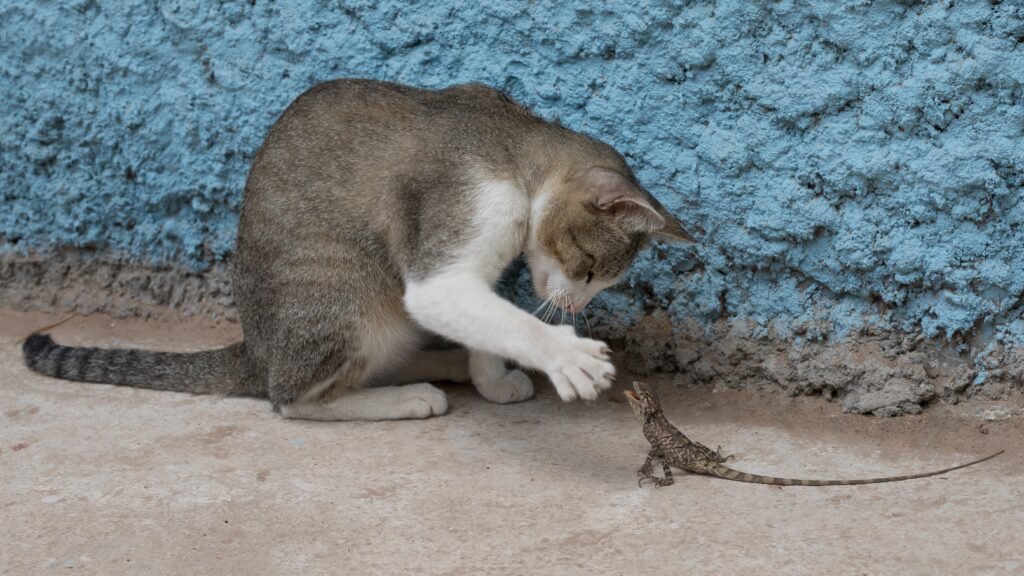
Moving the couch or buying a new armchair might seem harmless, but for cats, it’s a major disruption. Their world is mapped out by scent and memory, and any change in layout can make them feel lost. A new piece of furniture might block their favorite sunbeam or make their usual path to the window confusing. Some cats will immediately investigate, others will avoid the area entirely. I once moved a bookshelf, and my cat acted as if an alien spaceship had landed in the living room. Gradual changes and letting your cat explore at their own pace can help.
Separation from Their Favorite Person
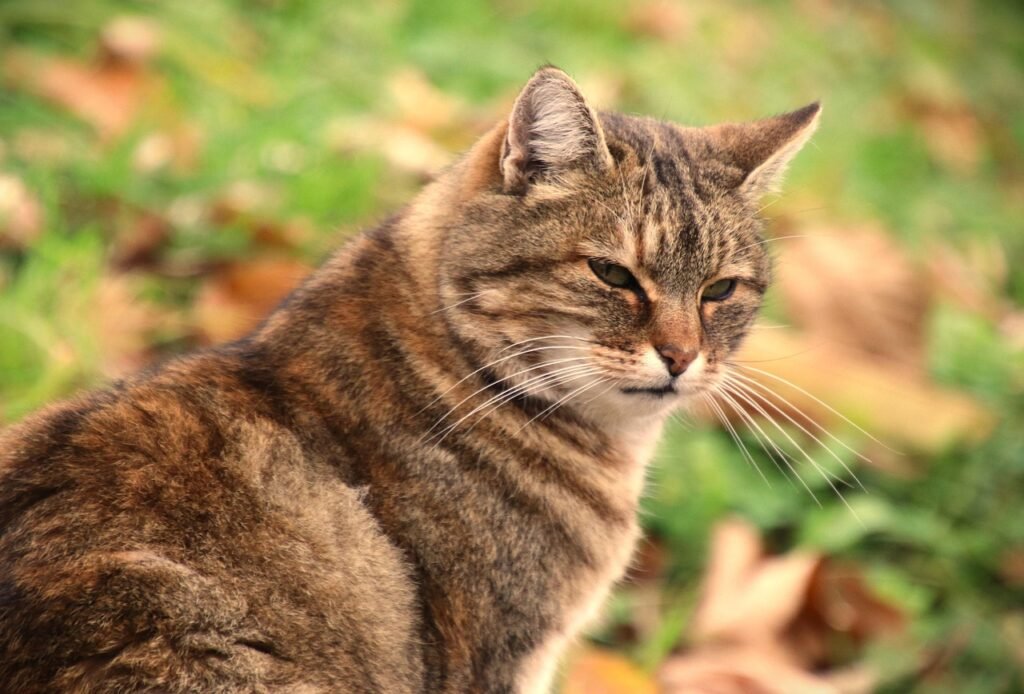
Believe it or not, cats can become deeply attached to their humans. When their favorite person leaves for work, goes on vacation, or even just spends a night away, some cats experience real distress. They may meow excessively, refuse food, or act clingy when their person returns. It’s a bit like a child missing a parent. My own cat spends hours by the door whenever I leave, only to greet me with a flurry of headbutts and purrs when I return. Leaving familiar items or using comforting scents can help ease their worry.
Overstimulation from Petting
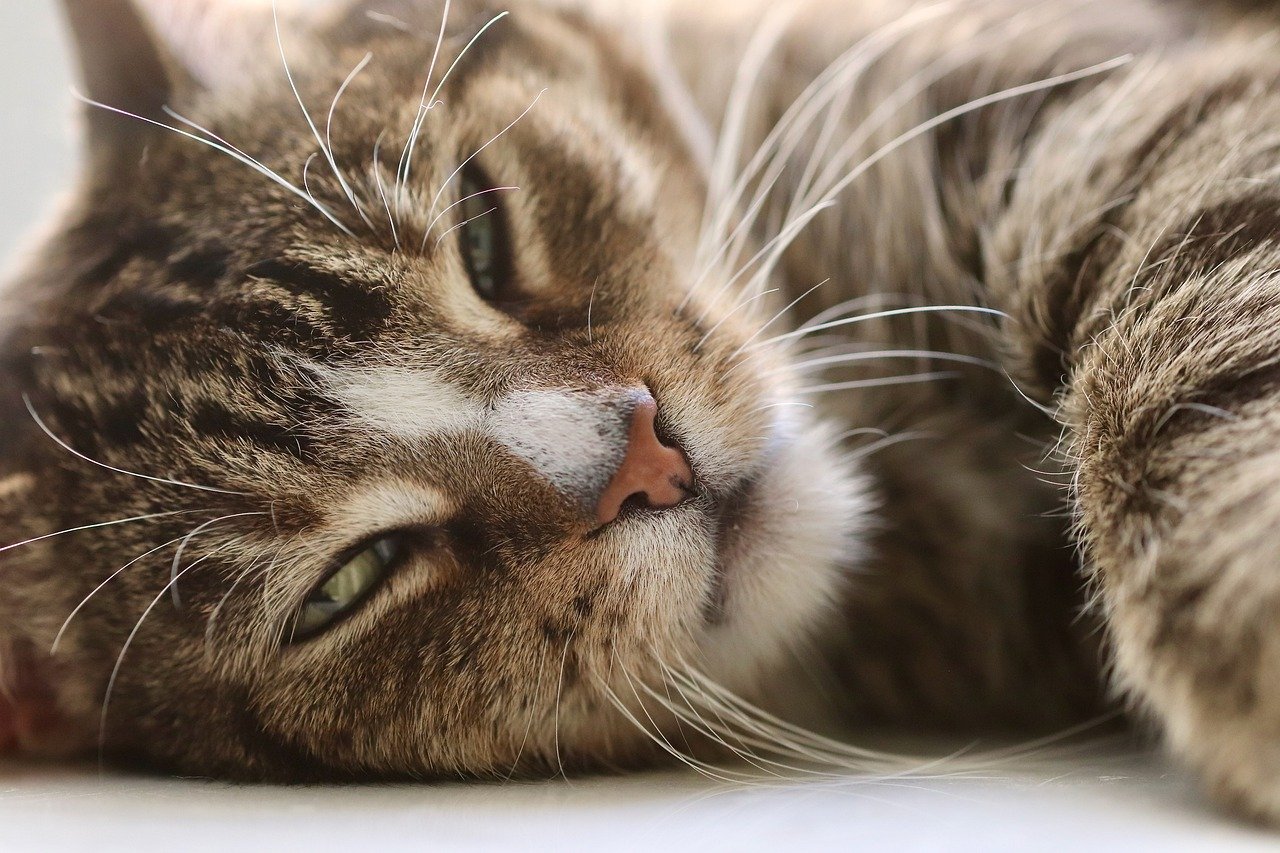
Too much of a good thing can turn stressful. While many cats enjoy being petted, some become anxious or irritable if touched too much or in the wrong way. You might notice your cat’s tail twitching, skin rippling, or sudden nips—clear signals that they’re overwhelmed. It’s not personal; cats have sensitive skin and nerves, and overstimulation makes them uneasy. Respecting their boundaries and learning their signals can prevent anxiety and strengthen your bond.
Unpredictable Children

Kids are bundles of energy, noise, and unpredictable movements. For a cat, this can be a source of endless anxiety. Children may not understand a cat’s boundaries, leading to rough handling or sudden chases. Some cats respond by hiding, while others might swat or hiss. I’ve seen cats vanish the moment a toddler enters the room! Teaching kids to interact gently and giving your cat a child-free zone can make a world of difference.
Illness or Physical Discomfort

Physical pain or illness often triggers anxiety in cats. Unlike humans, cats hide signs of pain, but their stress can show up as hiding, aggression, or changes in behavior. A toothache, upset stomach, or sore joint may leave your cat feeling vulnerable and on edge. You might think your cat is just being grumpy, but a trip to the vet could reveal an underlying issue. Addressing medical concerns quickly can help your cat feel secure again.
Being Left Alone for Too Long
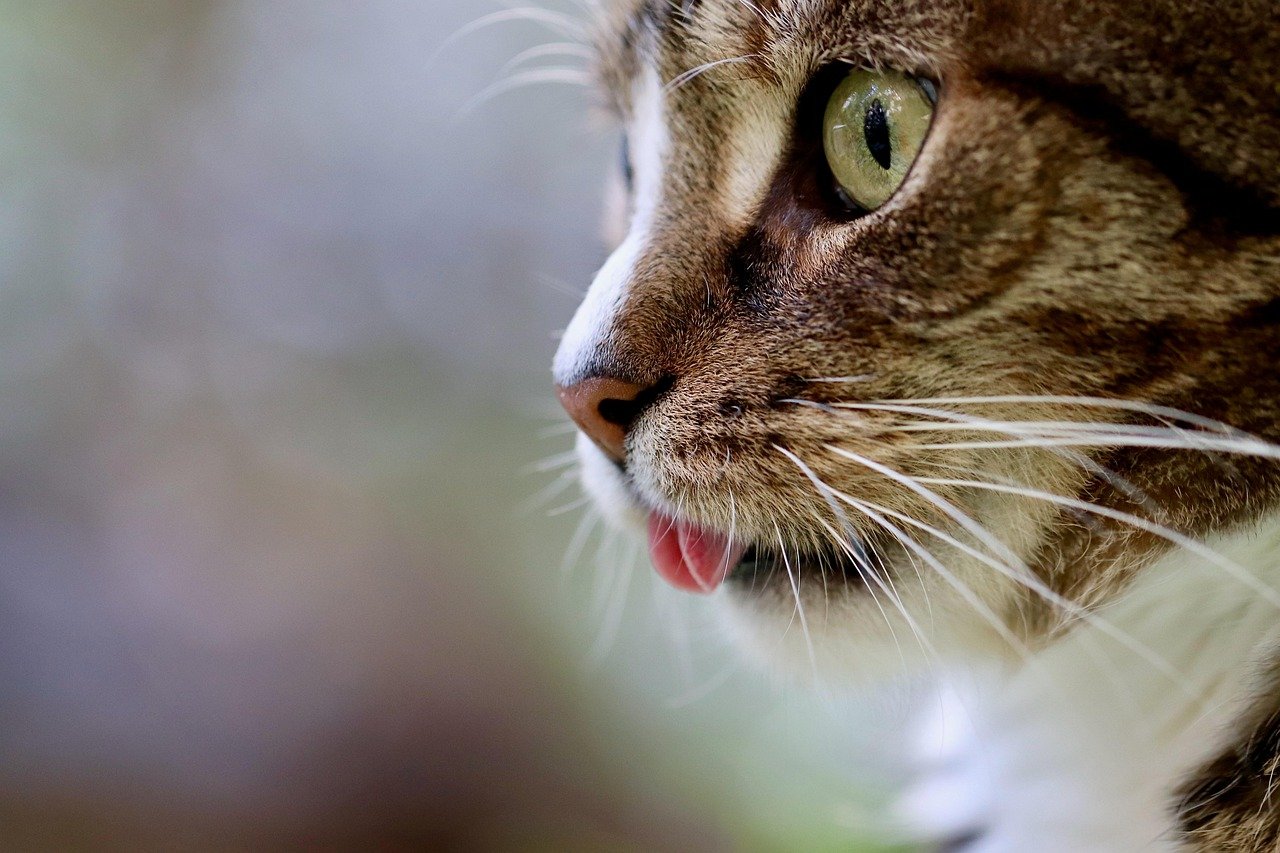
While cats have a reputation for being independent, many actually crave companionship. Long periods of loneliness can leave them anxious, bored, or even depressed. You might return home to find overturned water bowls or shredded curtains—a sign your cat was looking for comfort or entertainment. Some even develop separation anxiety, similar to dogs. Regular playtime, interactive toys, or a companion animal can help break the cycle.
Too Many Visitors or Overcrowded Spaces

A house full of guests can feel overwhelming for a cat. The noise, movement, and unfamiliar scents can make them anxious and desperate for a quiet retreat. Some cats will hide for hours, while others may act out with nervous behaviors. I’ve hosted parties where my cat didn’t reappear until the last guest had gone home! Creating a safe, quiet space away from the crowd helps your cat cope.
Conflict with Other Cats
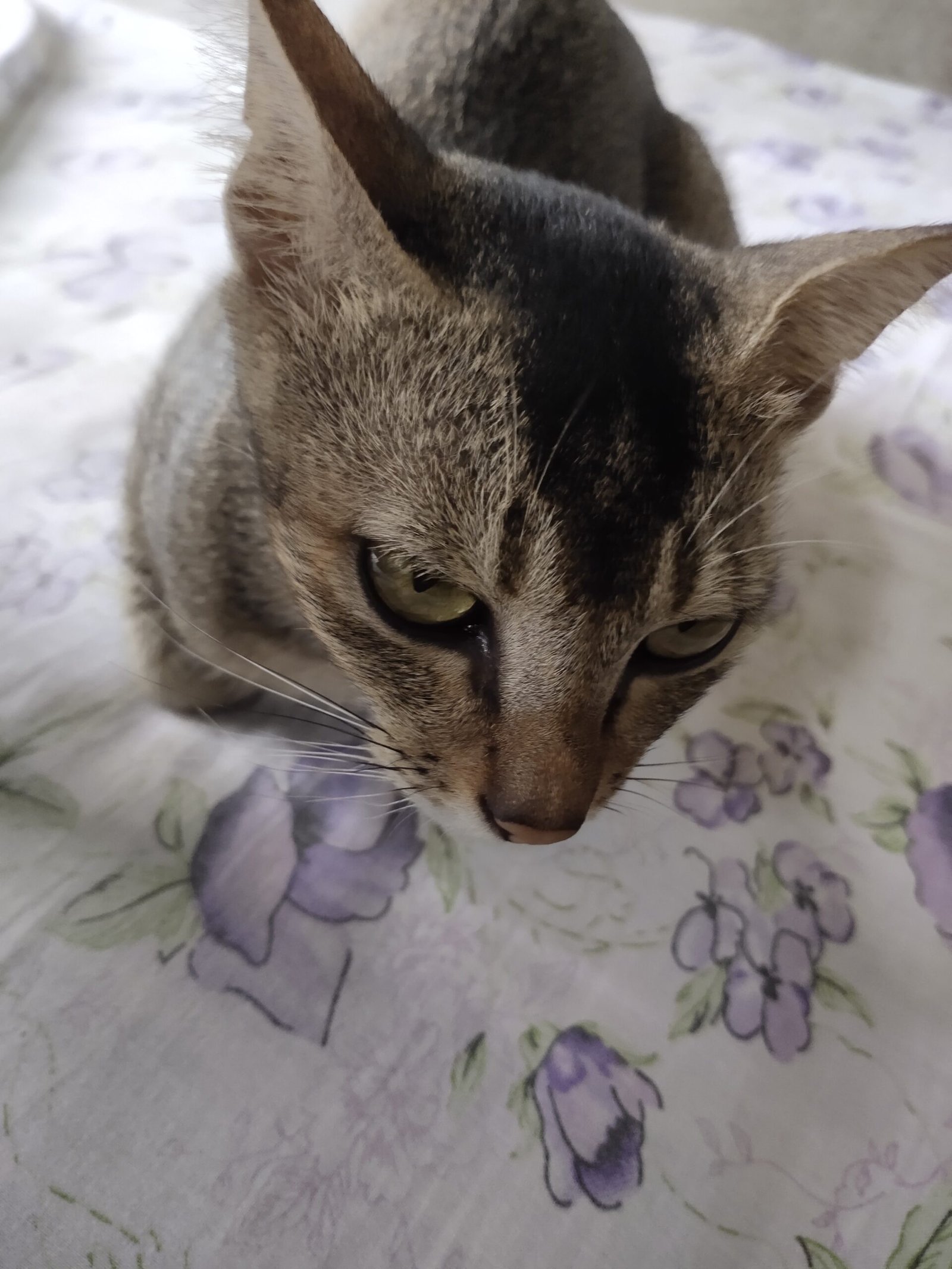
Tension between household cats is a major source of anxiety. Competition for food, territory, or attention can lead to hissing, swatting, or silent standoffs. Even passive-aggressive behaviors, like one cat blocking a passageway, can cause stress. You might not notice the subtle signs, but your cat certainly does. Feliway diffusers or separate feeding stations can reduce tension and help both cats relax.
Lack of Mental Stimulation
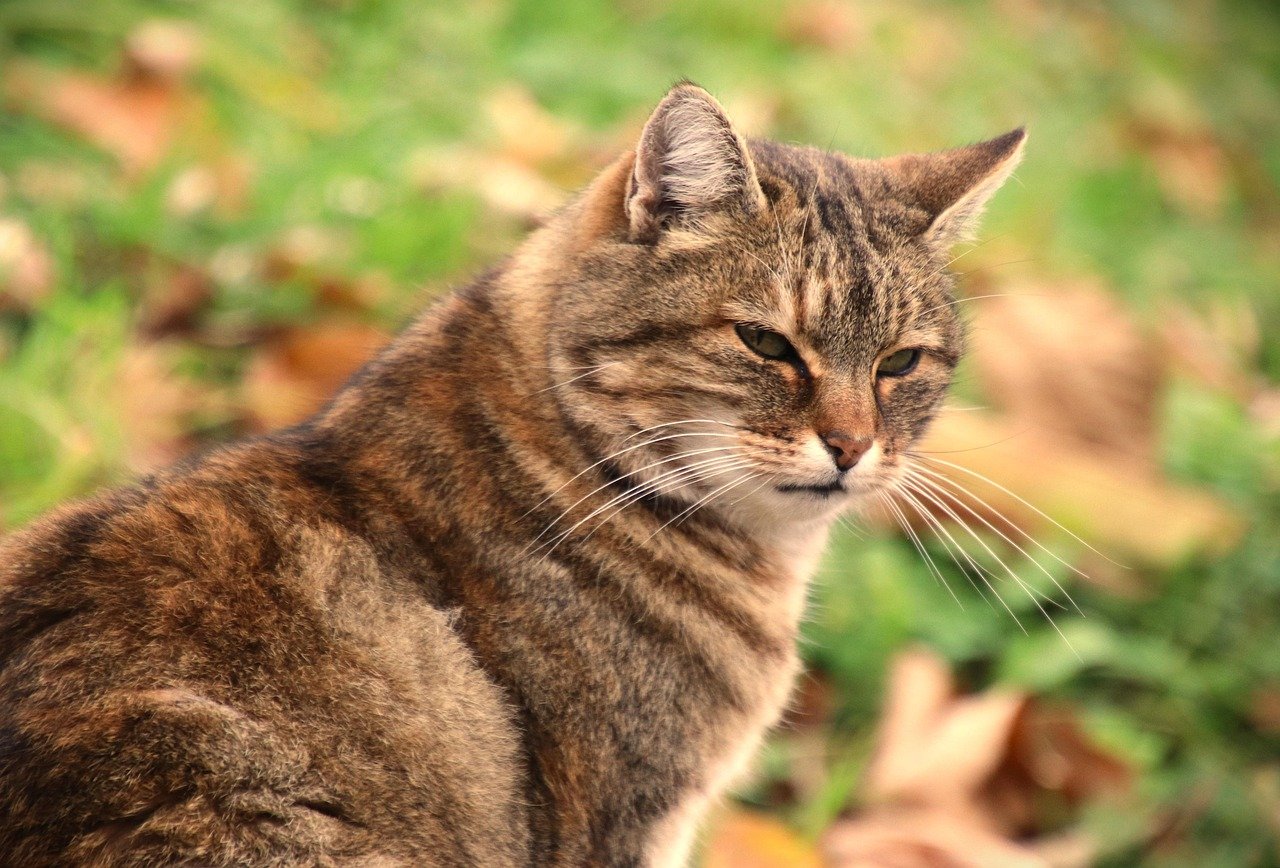
Boredom is a sneaky form of anxiety for cats. Without toys, puzzles, or things to explore, their minds go idle, leading to stress and destructive behaviors. Imagine being stuck in a blank room with nothing to do—eventually, you’d feel restless and anxious, too. Simple solutions like window perches, puzzle feeders, or daily play sessions can keep your cat’s brain engaged and anxiety at bay.
Sudden Changes in Weather or Temperature

Cats are sensitive to changes in their environment, including shifts in weather or temperature. A cold snap, heatwave, or even a drafty window can make them uncomfortable and anxious. You might see them seeking out new hiding spots, shivering, or panting. I once watched my cat practically glue herself to the radiator during a cold winter spell! Keeping your home temperature stable and providing cozy blankets can help.
Negative Past Experiences

Cats never forget a frightening experience. A traumatic event—like being trapped, hurt, or chased—can leave a lasting mark. Even years later, something as simple as a certain noise or smell can trigger anxiety. If you’ve adopted a rescue cat, you might notice mysterious fears that don’t make sense at first. Patience, gentle routines, and positive reinforcement can help rebuild trust.
Inconsistent or Harsh Discipline

Yelling, spraying water, or inconsistent rules can make your cat anxious and confused. Cats don’t understand punishment the way dogs might; instead, they learn to fear or mistrust their humans. I’ve heard stories of cats hiding for days after a stern scolding. Gentle redirection and positive reinforcement are much more effective—and far less stressful for your feline companion.
Strong Smells, Including Perfume or Cigarette Smoke
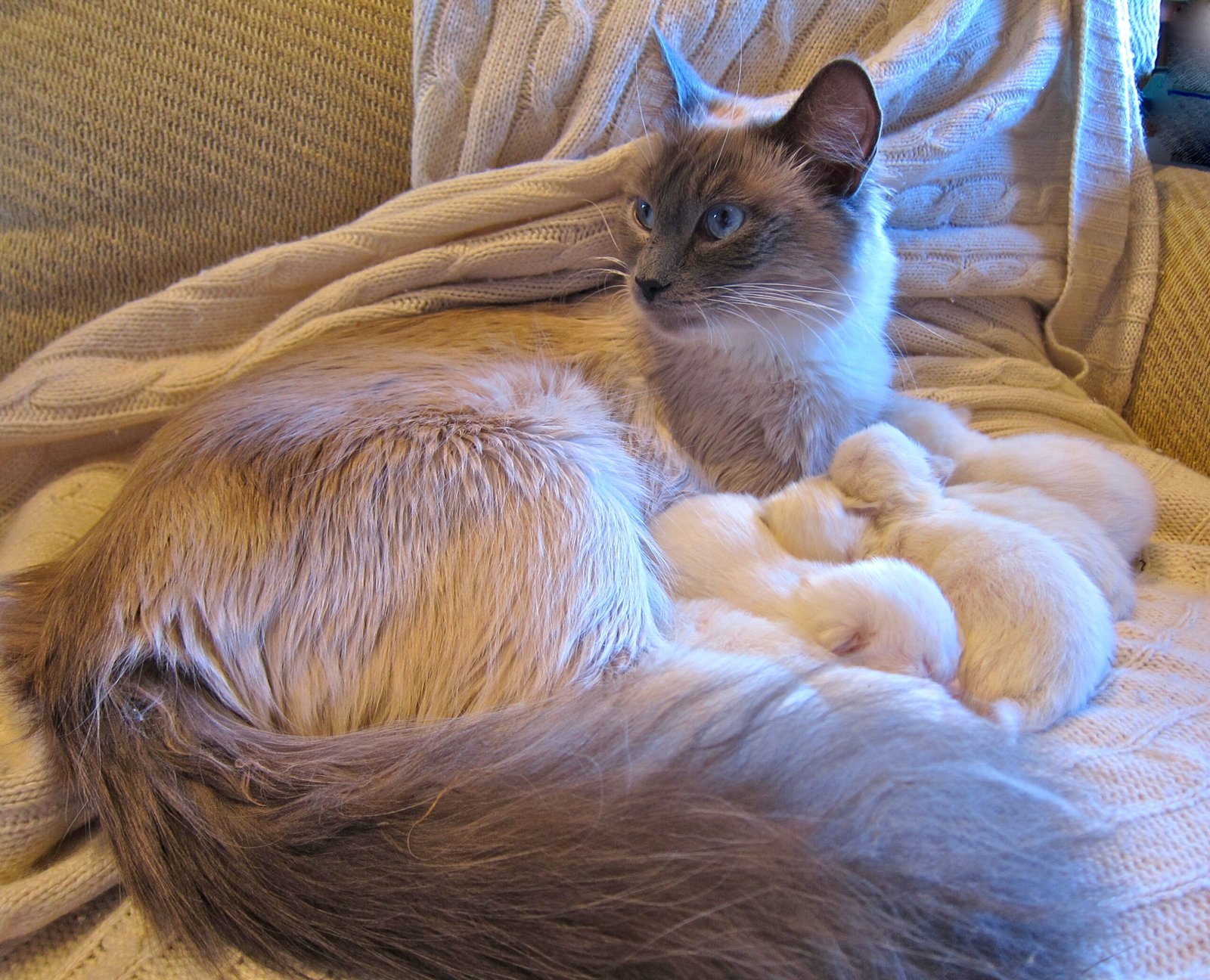
Cats’ noses are unbelievably sensitive, and strong odors can be overwhelming. Heavy perfumes, scented candles, or cigarette smoke can irritate their senses and cause anxiety. Some cats will sneeze, avoid certain areas, or seem restless without an obvious cause. I once noticed my cat avoiding me after I tried a new cologne—lesson learned! Opting for unscented products and ventilating your home can help keep your cat comfortable.
The end.
Hi, I’m Bola, a passionate writer and creative strategist with a knack for crafting compelling content that educates, inspires, and connects. Over the years, I’ve honed my skills across various writing fields, including content creation, copywriting, online course development, and video scriptwriting.
When I’m not at my desk, you’ll find me exploring new ideas, reading books, or brainstorming creative ways to solve challenges. I believe that words have the power to transform, and I’m here to help you leverage that power for success.
Thanks for stopping by, Keep coming to this website to checkout new articles form me. You’d always love it!






